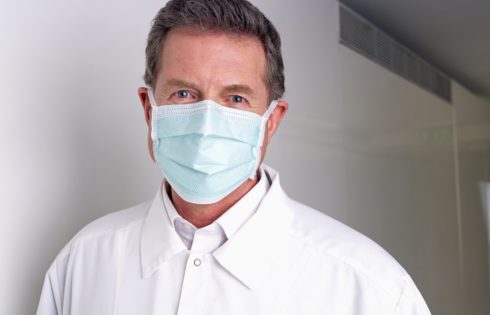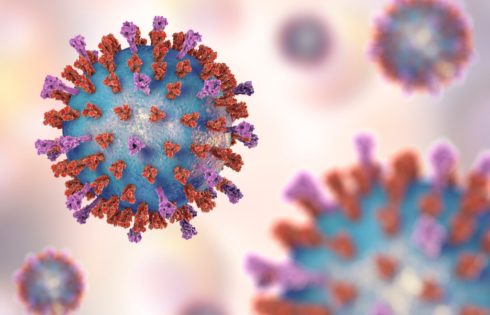
Joe Biden and 100 days of masks
When Joe Biden likely is sworn in as the next president next year, he is expected to ask the public to go 100 days wearing a mask. “The first day

When Joe Biden likely is sworn in as the next president next year, he is expected to ask the public to go 100 days wearing a mask. “The first day

Last spring, there was a lot of talk about so-called “immunity passports.” These were supposed to be passports that people would possess after they had tested positive for coronavirus antibodies.

When the pandemic first started to break out back in February of this year, many people wanted to stay as far away from airplanes as possible. The idea was that

Citibank is now offering better perks for two of its most popular credit cards. Some of the perks, such as those for the Citi Prestige are only temporary. But the
| Cookie | Duration | Description |
|---|---|---|
| cookielawinfo-checkbox-analytics | 11 months | This cookie is set by GDPR Cookie Consent plugin. The cookie is used to store the user consent for the cookies in the category "Analytics". |
| cookielawinfo-checkbox-functional | 11 months | The cookie is set by GDPR cookie consent to record the user consent for the cookies in the category "Functional". |
| cookielawinfo-checkbox-necessary | 11 months | This cookie is set by GDPR Cookie Consent plugin. The cookies is used to store the user consent for the cookies in the category "Necessary". |
| cookielawinfo-checkbox-others | 11 months | This cookie is set by GDPR Cookie Consent plugin. The cookie is used to store the user consent for the cookies in the category "Other. |
| cookielawinfo-checkbox-performance | 11 months | This cookie is set by GDPR Cookie Consent plugin. The cookie is used to store the user consent for the cookies in the category "Performance". |
| viewed_cookie_policy | 11 months | The cookie is set by the GDPR Cookie Consent plugin and is used to store whether or not user has consented to the use of cookies. It does not store any personal data. |
